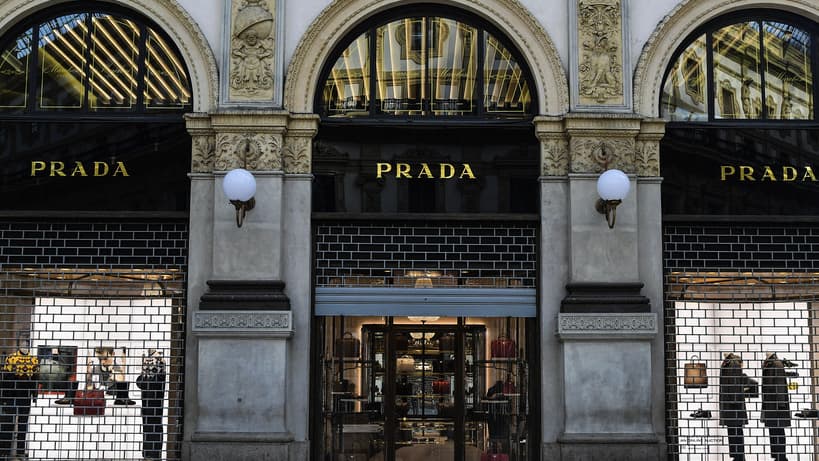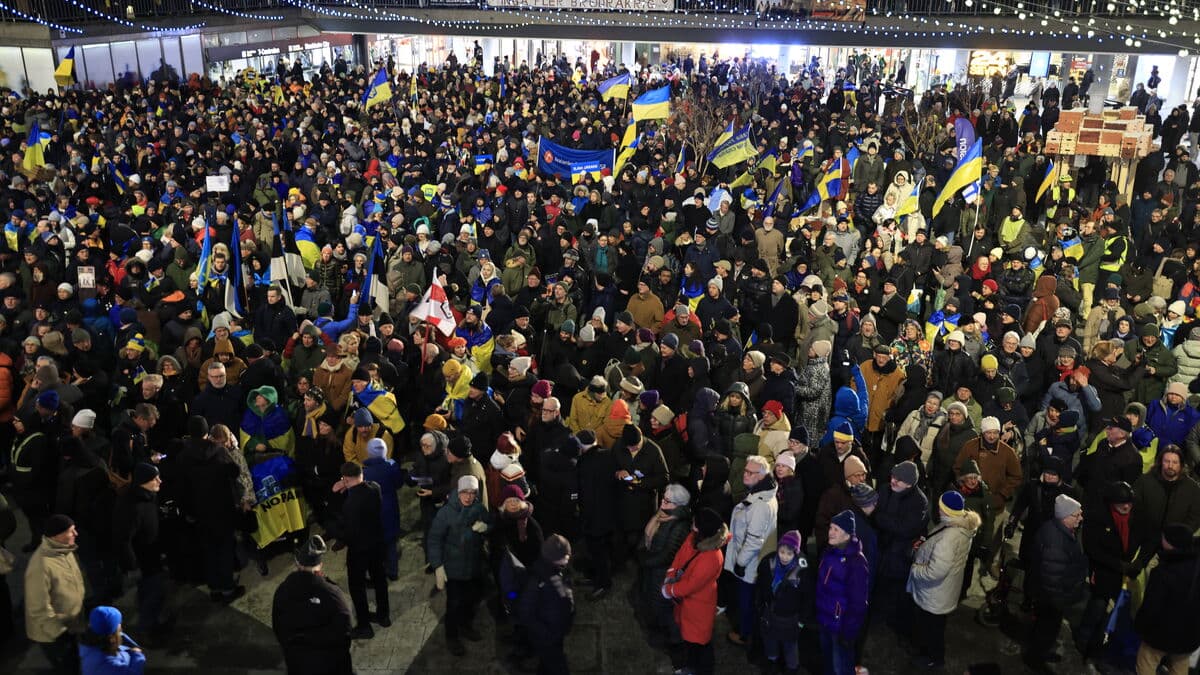Despite the shaky global economy, the market for luxury products has so far been stable. But now, the demand for expensive handbags and exclusive cognac seems to be dwindling.
A declining market in China is one explanation – but several luxury brands have themselves to blame, according to a report.
The pent-up demand for luxury after the pandemic appears to be saturated, and the worst shopping spree is over, notes consulting firm Bain & Co. According to their prognosis, global luxury consumption will stagnate going forward.
And the declining trend is already evident: The French luxury giant LVMH's net profit for the first half of 2024 fell by 14 percent. LVMH, which owns brands such as Fendi and Louis Vuitton, attributes this to a decline in demand for Hennessy cognac in China and a decrease in champagne sales.
Shaming Luxury Living
Even Gucci's owner Kering recently released an interim report showing that the company's net profit for the half-year period had plummeted. The reason cited is declining sales in Asia. Among other things, the Kering-owned fashion brand Balenciaga was forced to clearance a large part of its products on the Chinese market this spring.
According to Bain & Co, there are several reasons for the decline in luxury consumption: An impending presidential election in the USA, geopolitical conflicts, inflation, and an economically strained China, where the government is actively engaging in so-called "luxury shaming". Chinese authorities have simply stopped large influencers who boast about a "luxury life based on money" to attract followers and traffic on social media.
But part of the stagnation is also due to the luxury giants themselves, according to Bain & Co.
Creative Crisis
Many have raised prices excessively, which has led to excluding all but the very richest in the consumption pyramid.
You can't grow without the middle class and younger generations, says Claudia D'Arpizio of Bain & Co to AP.
She means that price increases have surprised and annoyed customers since the offerings have not been renewed or updated. The only change is a new, higher price.
If a product hasn't been significantly renewed, it feels like something customers have seen before, says Claudia D'Arpizio.
The lack of innovation may be due to several luxury brands experiencing a creative crisis, she believes. Some of the largest fashion houses have recently replaced their creative leaders, including Gucci, Moschino, and Valentino. At Chanel, the position is vacant, after the previous chief recently resigned.
According to Bain & Co, there is also a trend where more and more luxury consumers prefer to spend their money on expensive experiences rather than material goods.
During the period 2021-23, luxury goods sales increased by 24 percent, compared to 2019.
In 2023, sales of luxury goods for personal use increased by four percent to 362 billion euros, compared to 349 billion euros in 2022.
If you also include luxury travel, exclusive art, expensive cars, and boats, sales amounted to 1500 billion euros in 2023.
The luxury conglomerate LVMH (Moet Hennessy Louis Vuitton) became the first European company to be valued at over 500 billion dollars in the spring of 2023.
Every third luxury product sold on the global market is bought by a Chinese consumer.
Sources: Bain & Co, University of Gothenburg.






